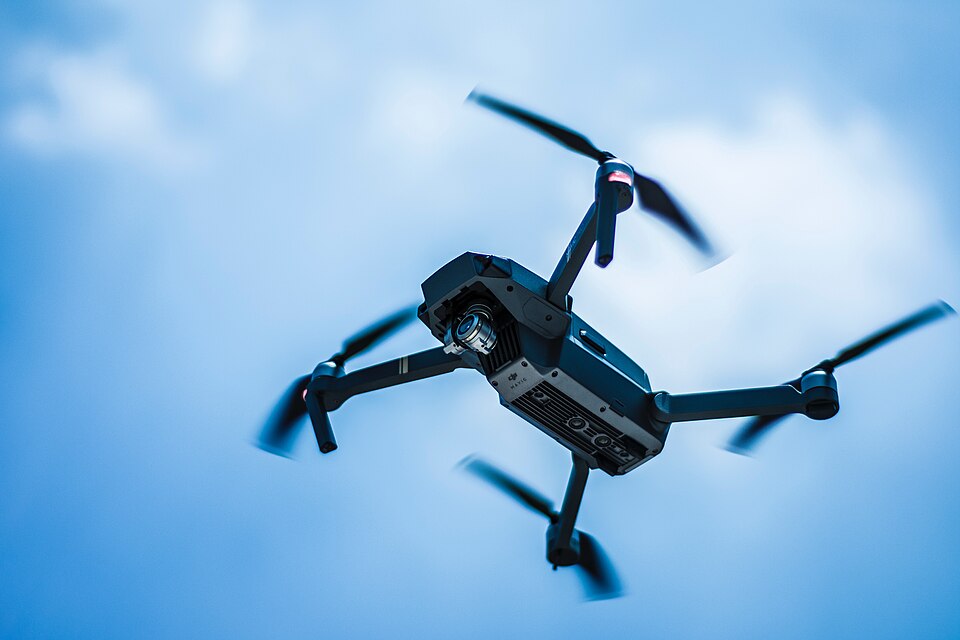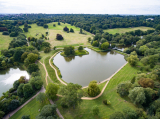
The UK is sending military personnel and equipment to Belgium to strengthen its air-defence capabilities after a string of drone incursions that Belgian officials suspect may be linked to Russia.
Air Chief Marshal Sir Richard Knighton, the newly appointed head of the UK armed forces, confirmed on the BBC’s Sunday with Laura Kuenssberg that Belgium had requested assistance earlier in the week. British equipment and personnel, he said, are already en route.
Belgium’s main airport, Zaventem, was forced to shut down temporarily on Thursday night after drones were detected nearby. Additional sightings were reported elsewhere, including over a military installation. The incident disrupted travel for roughly 3,000 Brussels Airlines passengers, prompting the carrier to cancel or divert dozens of flights—an operation it said carried “considerable costs”.
Sir Richard stressed that the UK had not yet identified the source of the drones, but described Russian involvement as “plausible”. German Defence Minister Boris Pistorius and Belgian security services have also publicly pointed to Moscow, though Belgian Defence Minister Theo Francken has acknowledged that no evidence has yet been presented.
“What began as drones over our military bases has now become a serious threat to civilian infrastructure across multiple European countries,” Francken said earlier in the week.
Germany announced on Friday that it would also send anti-drone support to Belgium.
Sir Richard noted that Russia remains “the most pressing threat” to European security, citing the invasion of Ukraine, alleged sabotage operations, and killings linked to Russian operatives on UK soil. He said the UK must continue to strengthen its defences against hybrid warfare.
Shadow Defence Secretary James Cartlidge welcomed the UK-Belgium cooperation, warning of a “heightened threat environment”, but called on the government to accelerate defence spending plans. The government has committed to raising defence spending to 2.5% of GDP by April 2027, with a long-term goal of reaching 3%. Sir Richard described current funding levels as “more than I’ve ever known in my career”.
Recent months have seen similar drone-related disruptions in Sweden, Norway, and Denmark. While Russia has denied involvement, European officials have suggested the incursions may be linked to ongoing EU discussions about using frozen Russian assets to provide a €140bn loan to Ukraine.
Suspicion has also grown amid more serious airspace violations in Eastern Europe involving Russian fighter jets and attack drones. Photo by Potushaft, Wikimedia commons.








































